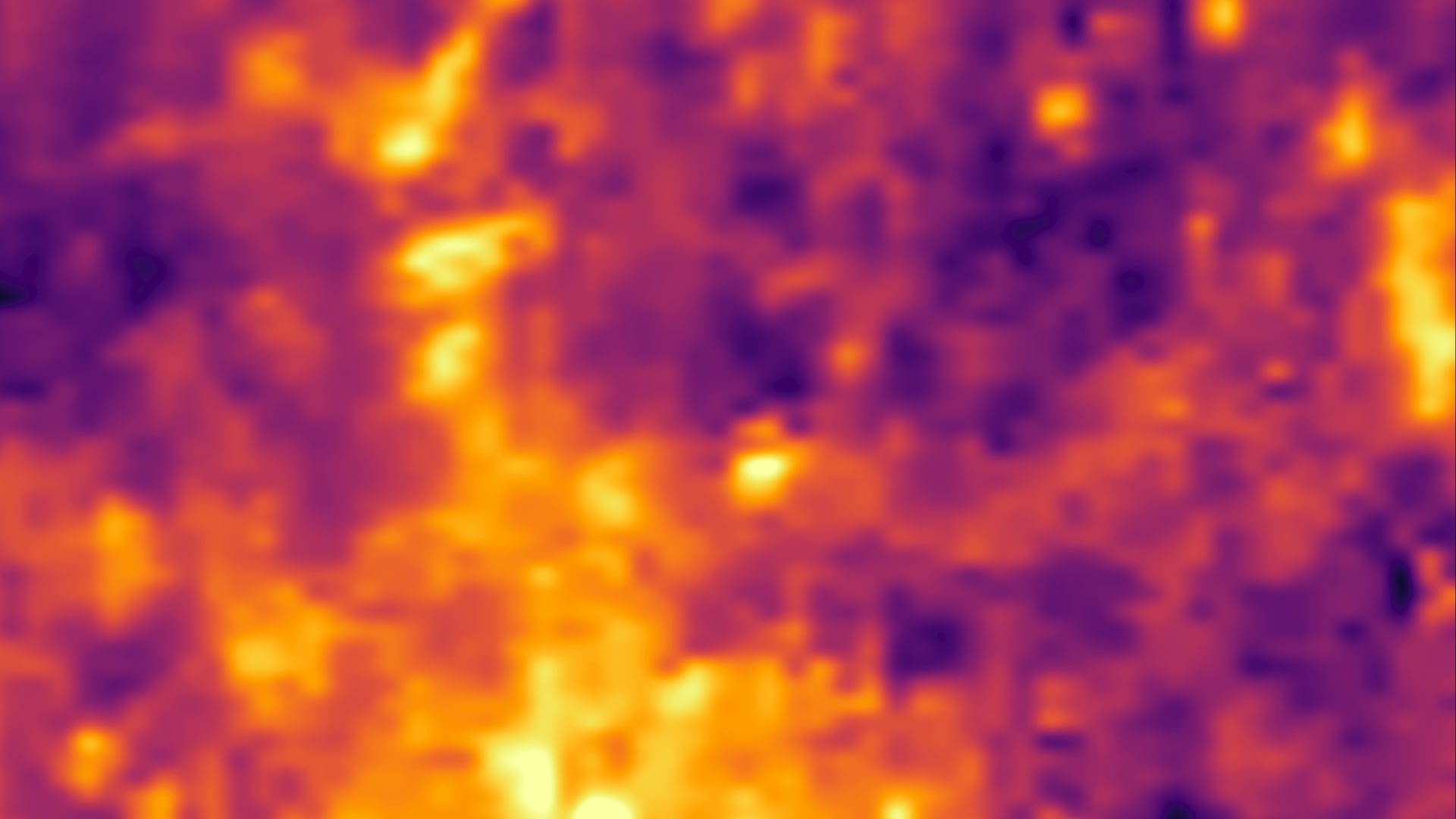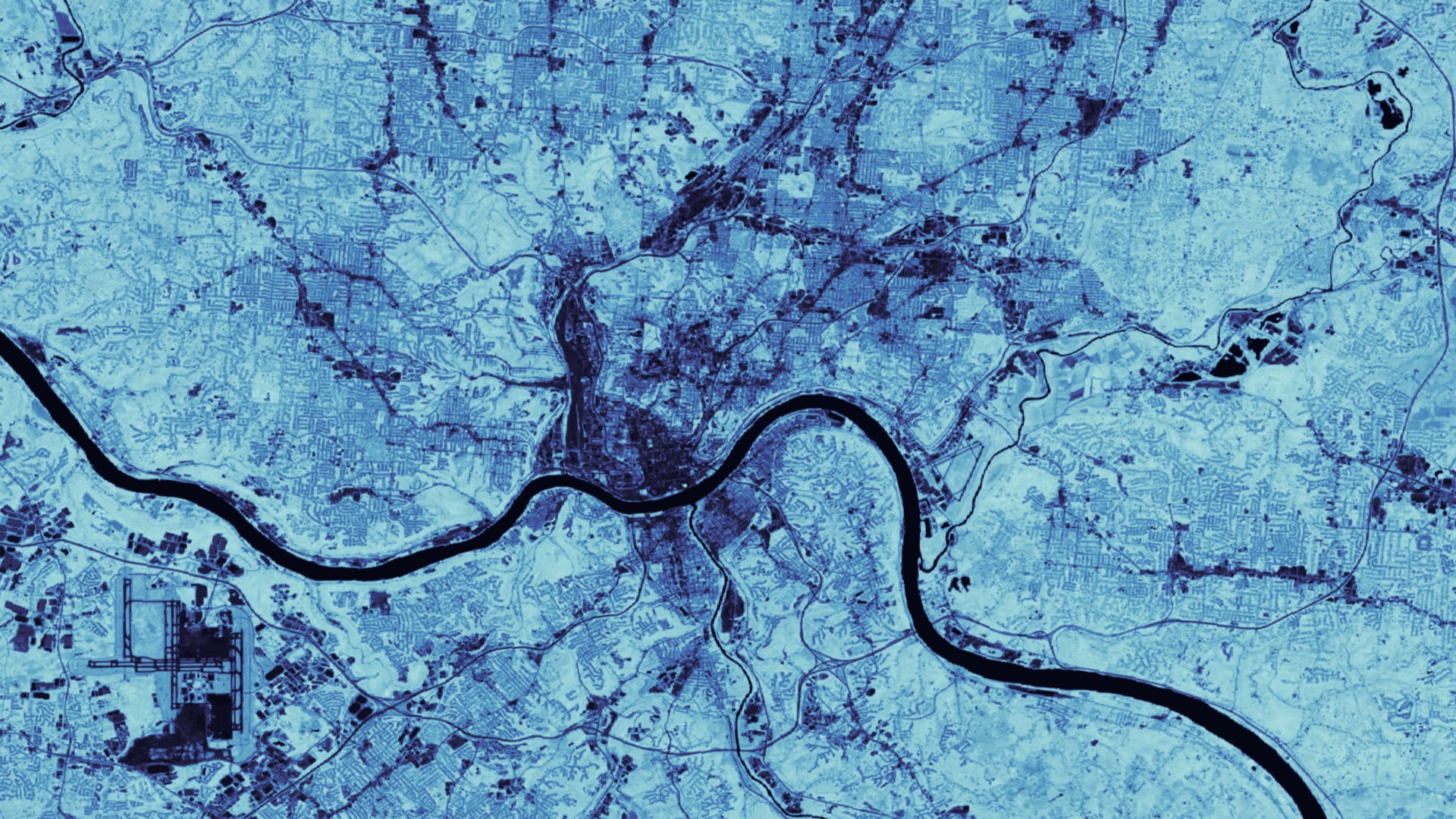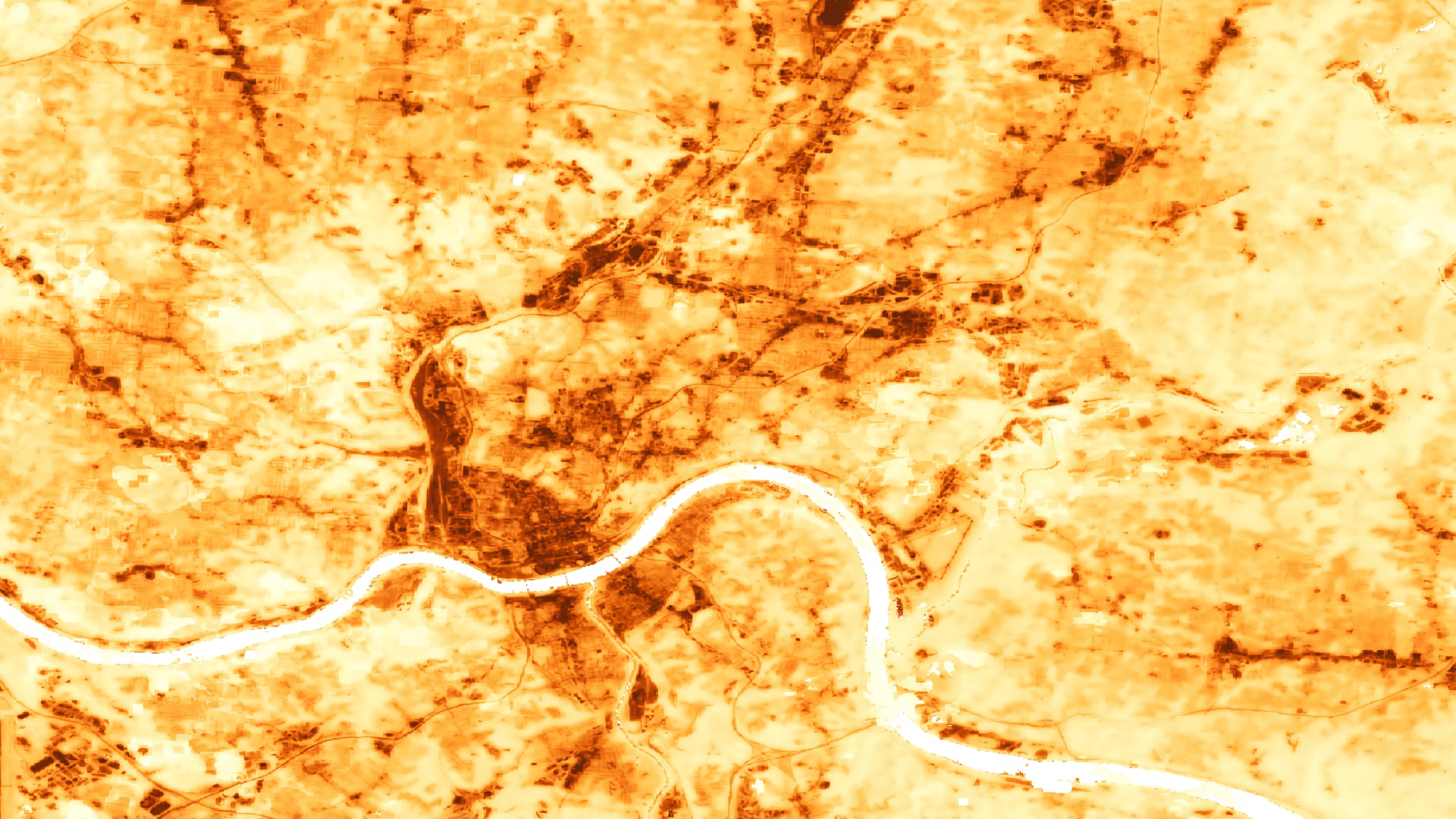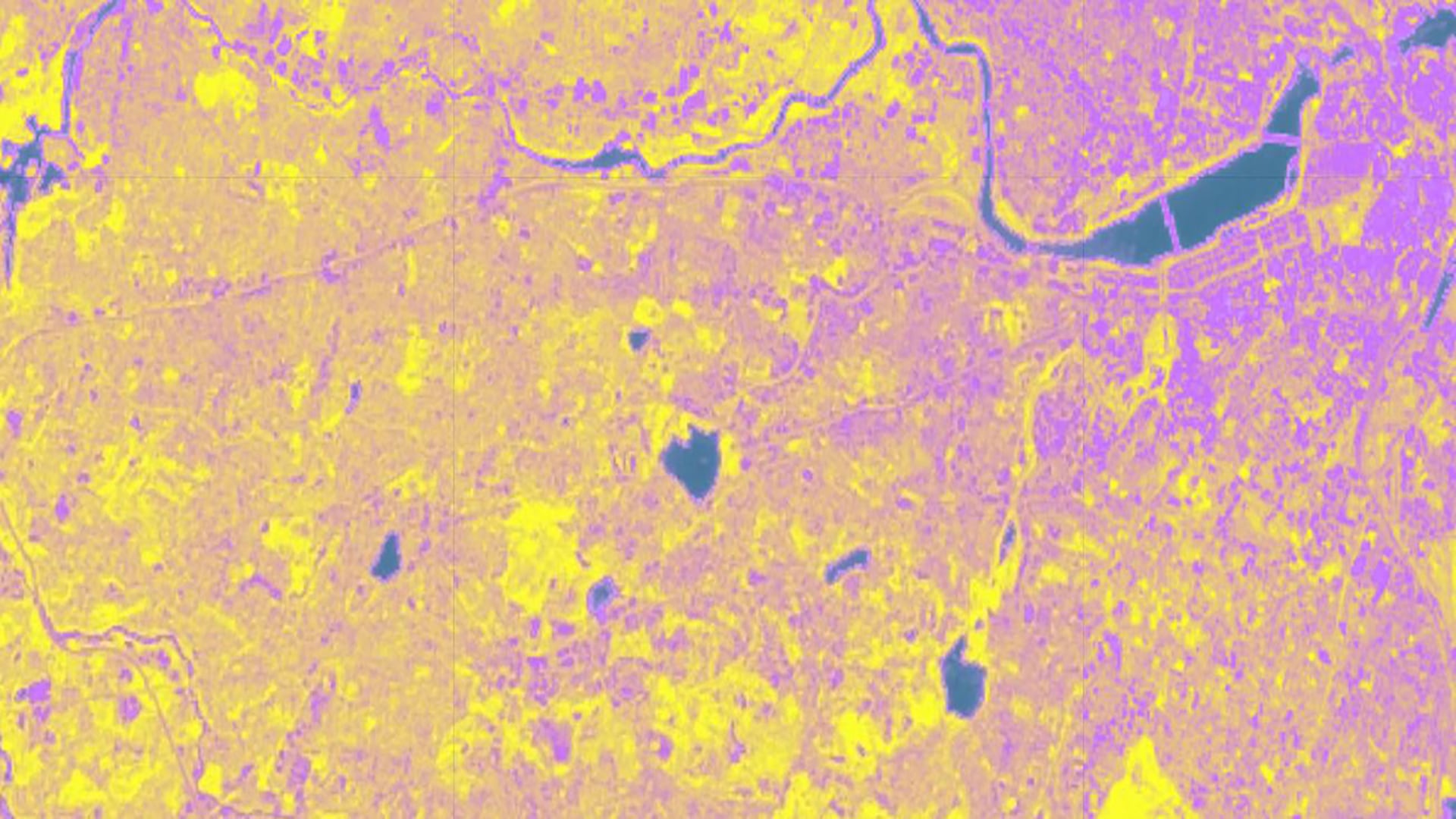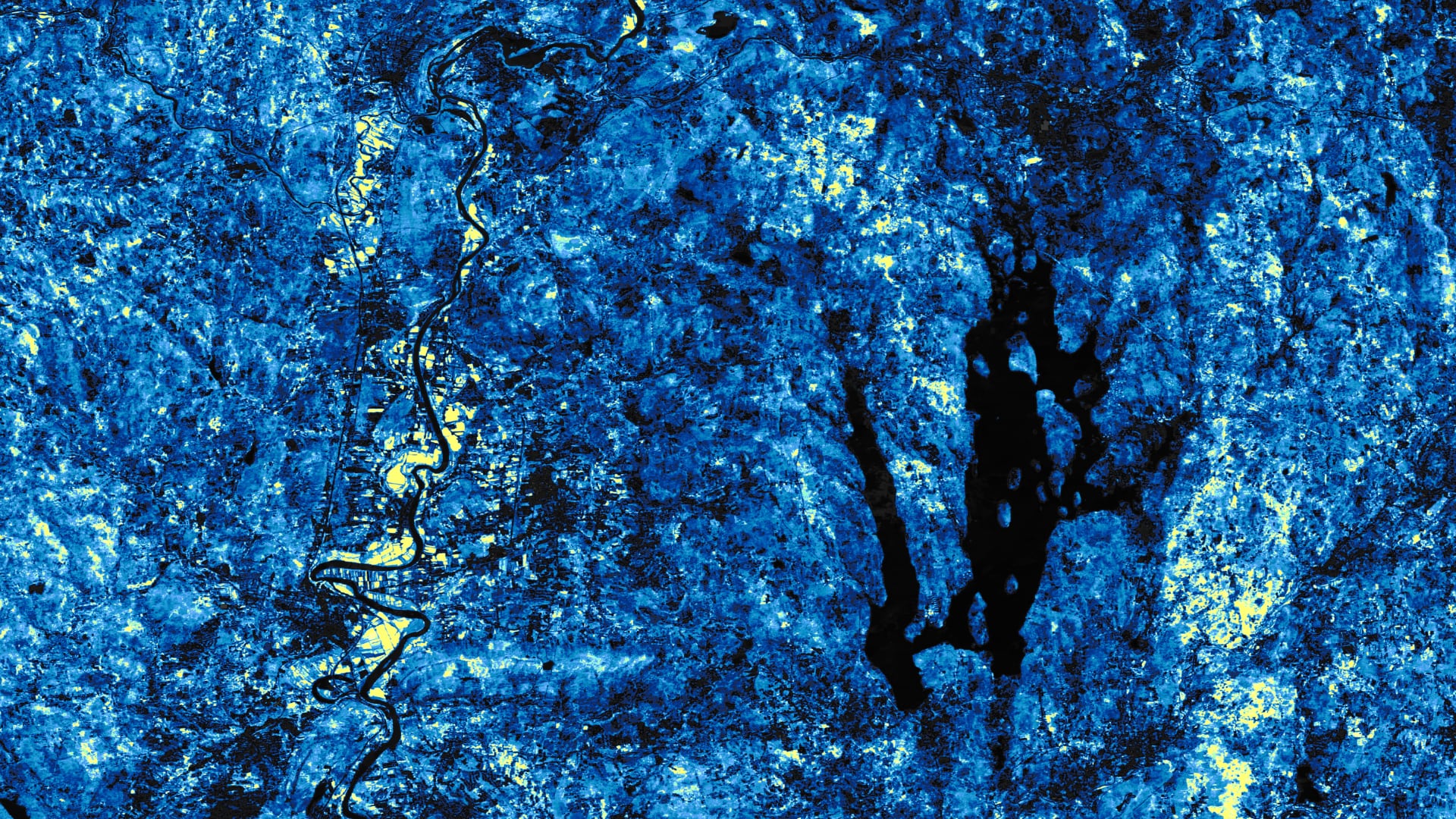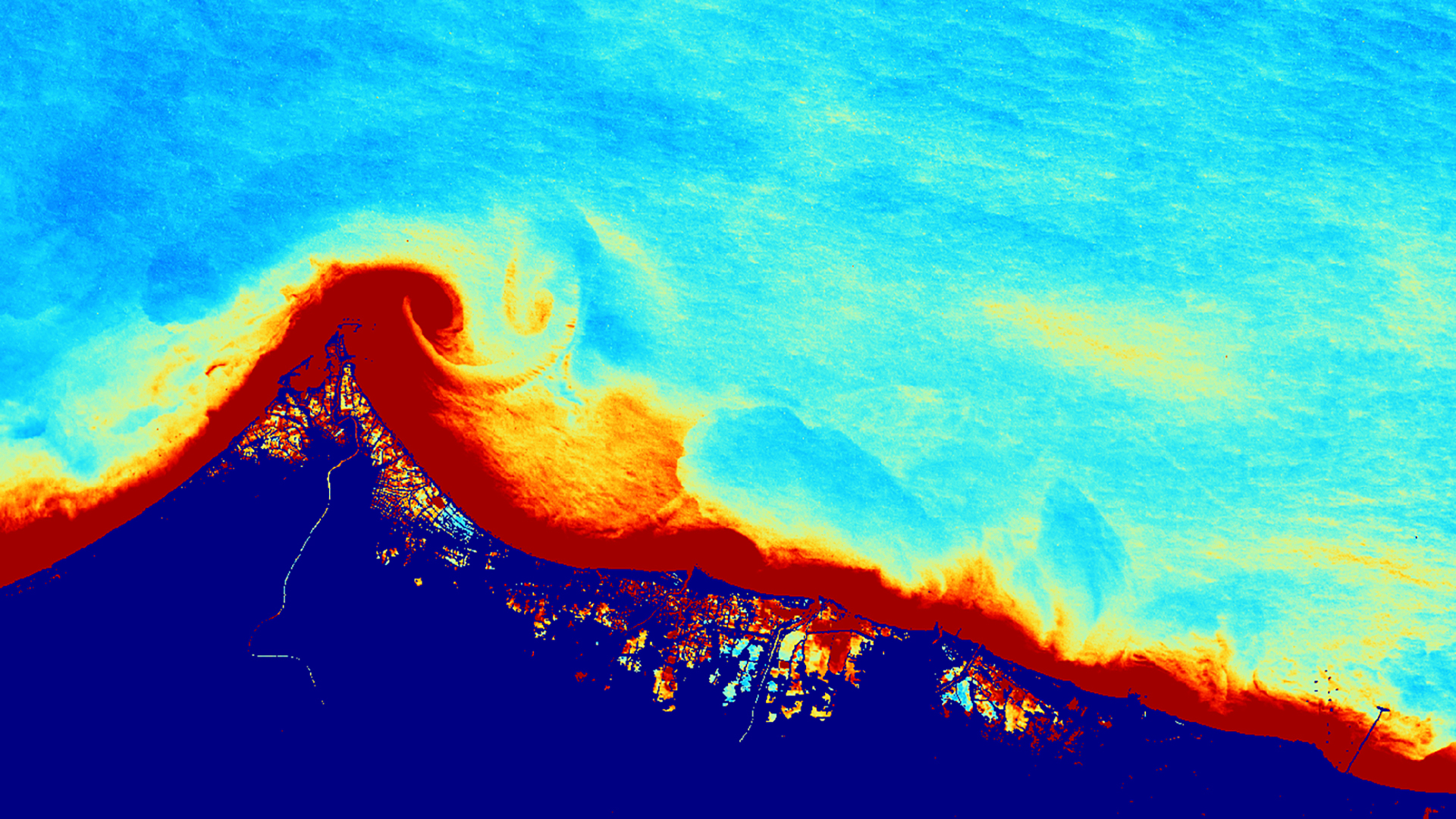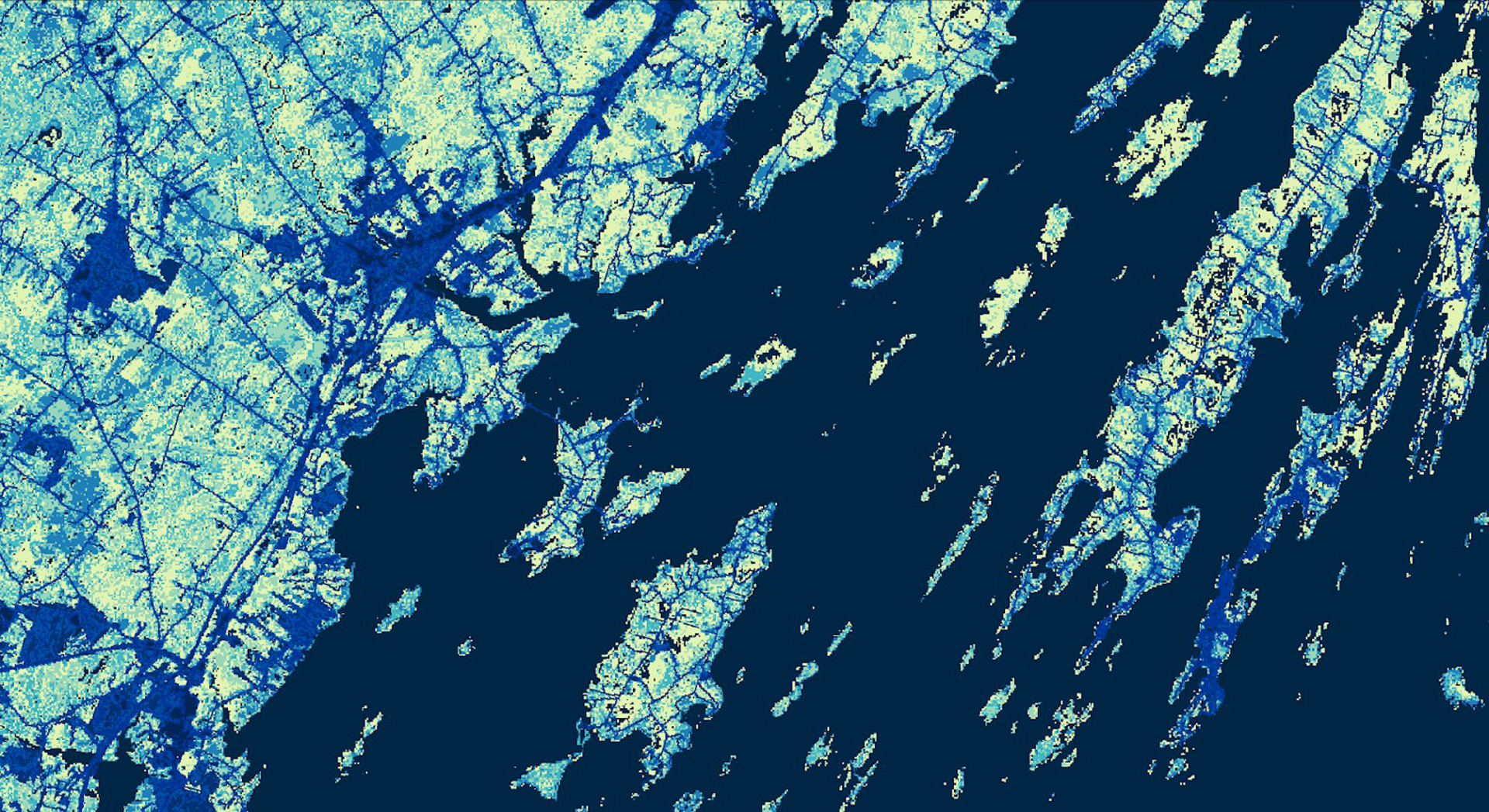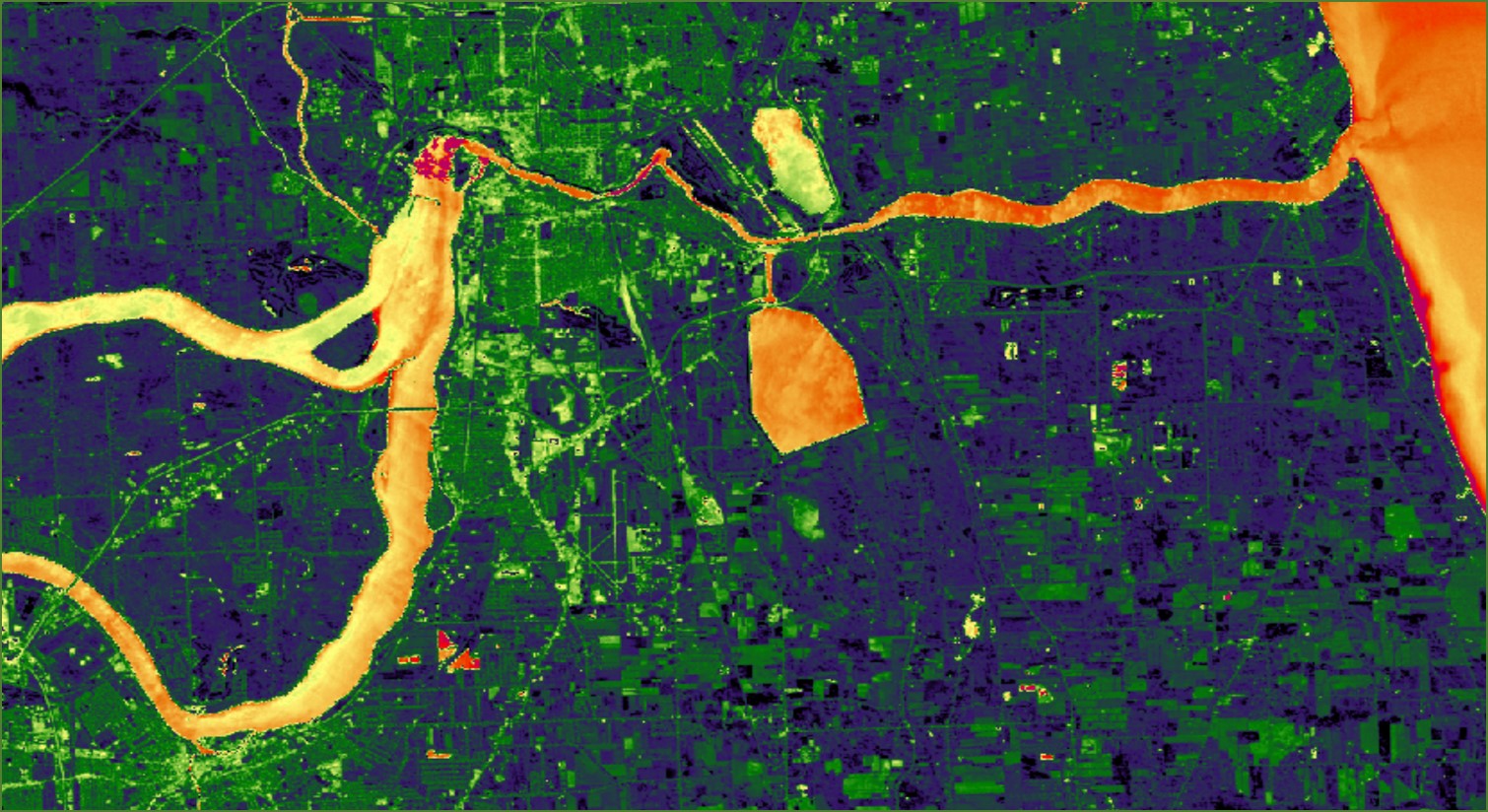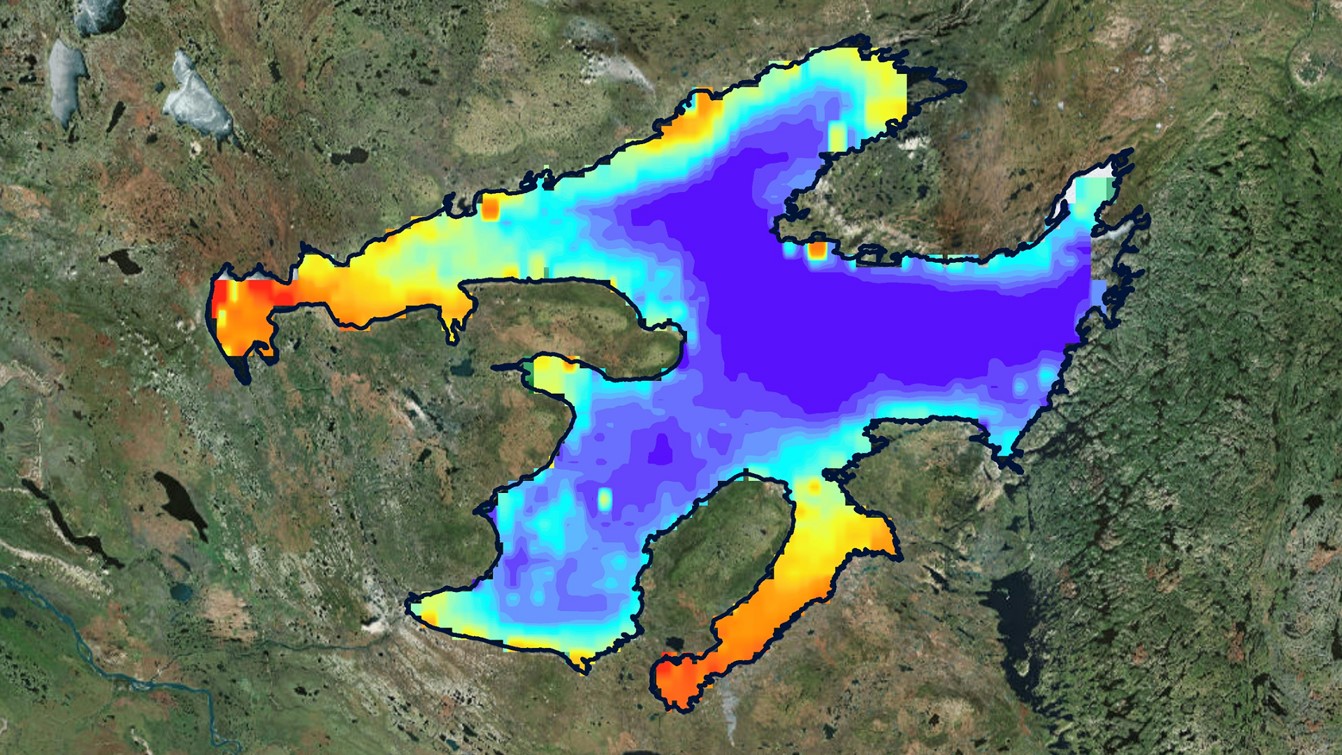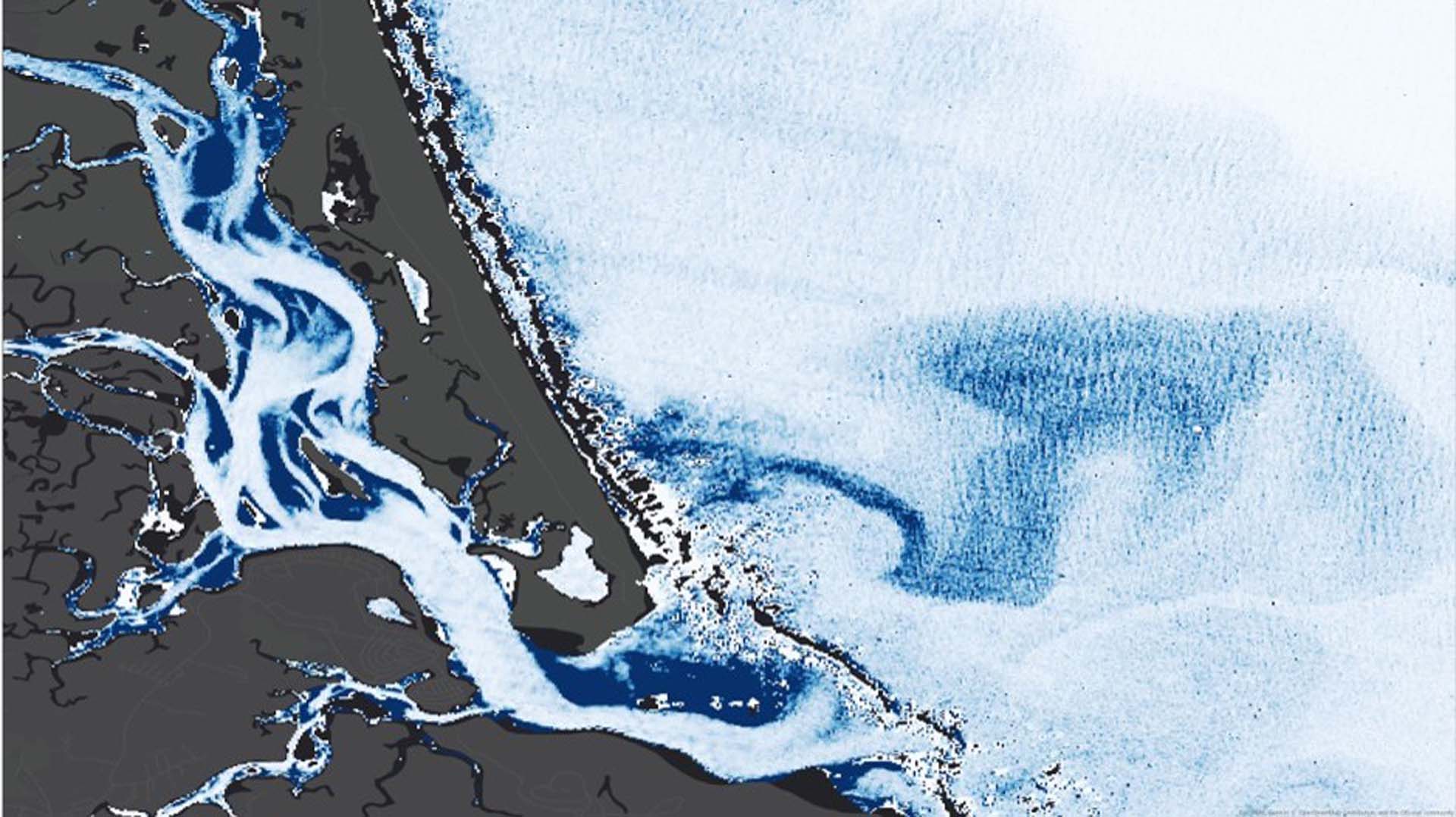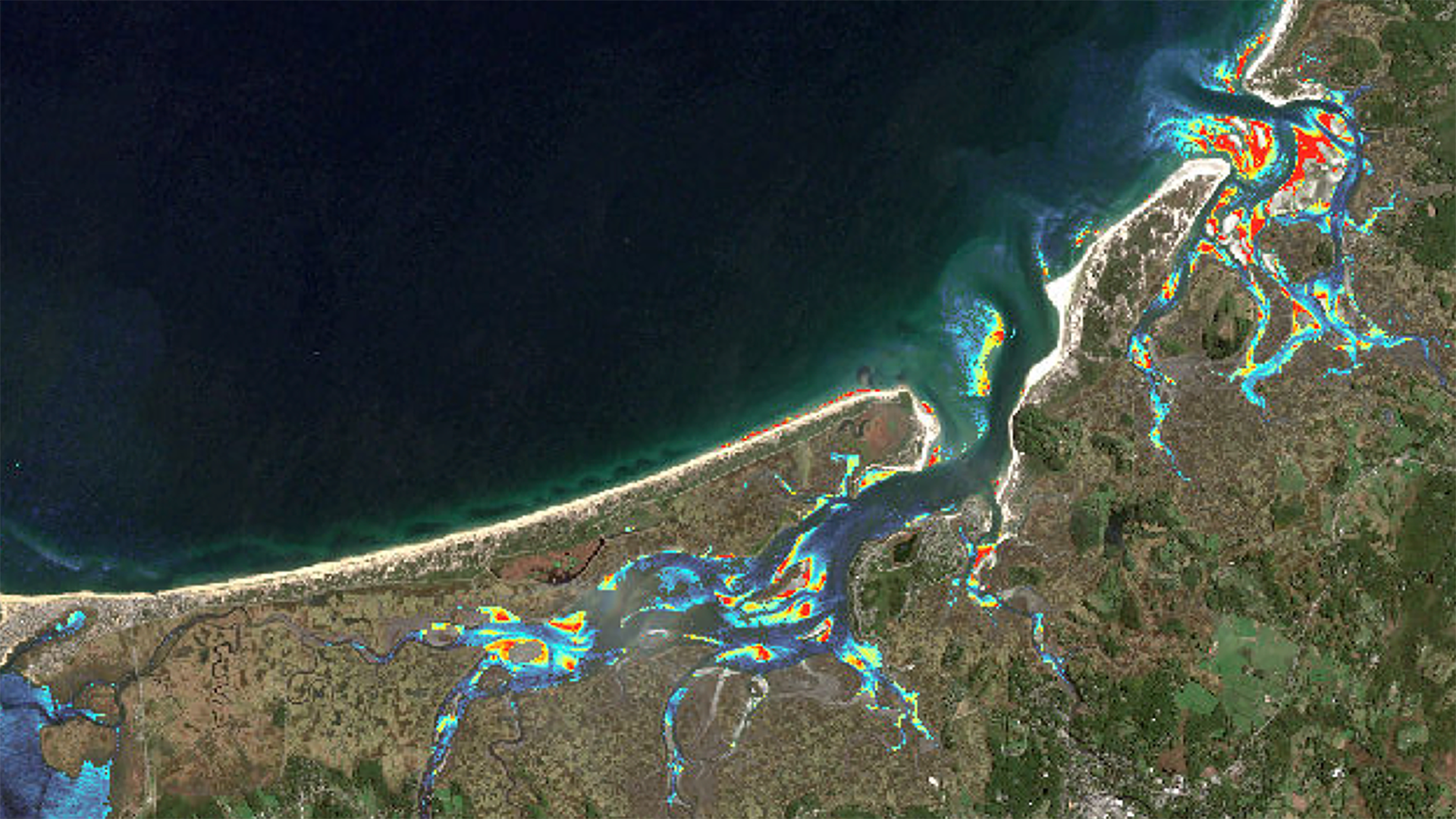Massachusetts – Boston
Massachusetts – Boston
Node Host: Boston University
Lead Collaborator: USGS Woods Hole Coastal and Marine Science Center
Acronym: MA
About the Node Hosts: The Department of Earth & Environment at Boston University formed in 2012 through the merger of Earth Sciences and Geography & Environment. What emerged is a vibrant department with faculty from both the natural and the social sciences whose core research focuses on studying the coupled natural and human dimensions of climate change. Climate science is a unifying theme of the department with core areas of inquiry within the broad fields of Earth System Sciences, Human-Environment Interactions, and Remote Sensing & Geospatial Sciences. At present, the department has 23 tenure/tenure-track faculty, 11 research faculty, 6 adjunct faculty, 3 part-time lecturers, 15 post-docs & 5 research fellows, 86 graduate students, and 176 undergraduate students.
History of the DEVELOP Node: The Massachusetts – Boston location is the newest DEVELOP node at an academic location and hosted its first group of DEVELOPers in the Spring 2018 Term. The node resides in the Department of Earth and Environment, located in the College of Arts and Sciences building (675 Commonwealth Avenue, Boston, MA), between Commonwealth Avenue and the Charles River. The applied projects of the NASA DEVELOP program fit perfectly within the department's mission to understand a changing Earth, its relationships with humankind, and to develop strategies for a sustainable future. DEVELOP is a natural addition to the department's expertise and focus in remote sensing and geospatial science, and will provide exciting opportunities for recent graduates from our undergraduate and graduate programs including our professional Master's program in "Remote Sensing and Geospatial Sciences."
About the Node: The MA node typically hosts 4 participants and a fellow during all three terms (spring, summer, &fall), for a total of 12 participants per year. The Department of Earth and Environment includes 40 faculty, among which 10 specialize in the field of Remote Sensing and GIS, 12 work on Human-Environment interactions, and 18 study Earth System Sciences. The department shares strong ties with faculty in the BU Marine Program, Biology, the Pardee School/Center, the Questrom School of Business, the Institute for Sustainable Energy, Engineering, and the Initiative on Cities.
The USGS Woods Hole Coastal and Marine Science Center will be the lead collaborator for this node. The team is located on WHOI's Quissett Campus, in Wood Hole, MA. The team has a staff of about 100, including 24 research scientists and 75 scientific and administrative support staff. These USGS earth scientists explore and study many aspects of the underwater areas between shorelines and the deep ocean off the U.S. East Coast, the Gulf of Mexico, and in parts of the Caribbean and Great Lakes.
- Location
- Boston, Massachusetts
- Node Leadership
- Fellow: Tyler Pantle
- Science Advisor: Dr. Cedric Fichot
- Featured Project
- Cambridge Urban Development
